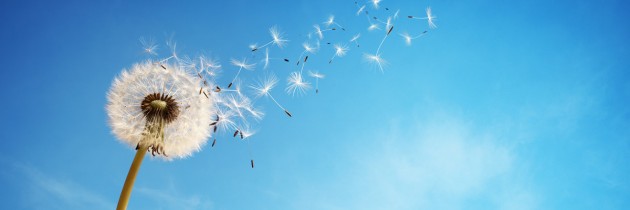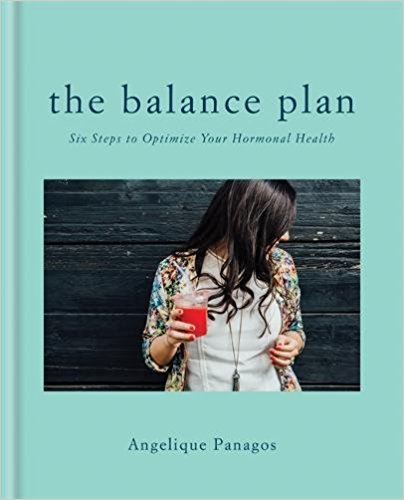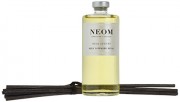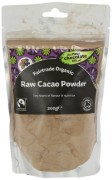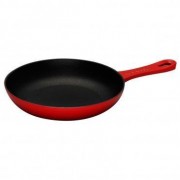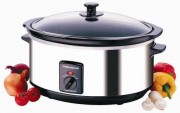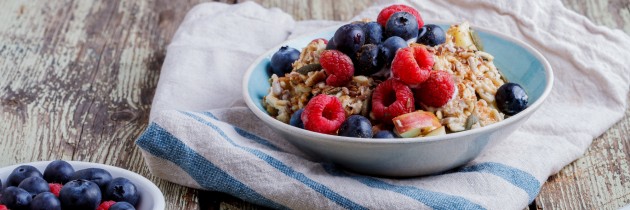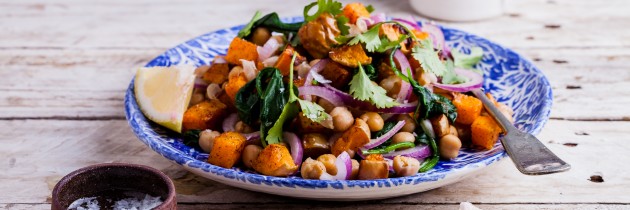Hay Fever Season- Not to be sneezed at!
Sunshine, birds singing and blue skies, that surely has to put a spring in your step as it announces the arrival of warmer weather. Unfortunately for some itching, tearing eyes, along with sniffling, sneezing, and wheezing is a sure sign the spring has well and truly sprung! Yes, the season change at this time of year is not so welcomed by those afflicted by hay fever. However, anyone suffering from hay fever may find it encouraging knowing that they are not alone. Approximately one in four people suffer from hay fever in the UK with numbers increasing each year.
What is Hay fever?
Often starting in childhood, hay fever affects around 20% of the UK population and for the vast majority it is a lifelong problem. Simply put, hay fever (allergic rhinitus) is an allergic response to the soluble substances in grass or tree pollen that are airborne during spring and summer and that are harmless to most people. These irritate the mucous membranes in your eyes and nose because the immune system mistakes it for a harmful aggressor such as a virus. Hay fever is the result of your immune system overreacting to pollen allergens.
For some, the symptoms can arrive with tree pollens from as early as February, depending on the climate, and continue through the summer months for people who are more allergic to grass pollens. The pollen season can vary depending on where you live in the UK. For example in the south the pollen season typically starts earlier in the year than in the north.
What are the symptoms?
The symptoms typically included:
headaches, blocked or runny nose, sneezing, itchy nose, eyes, roof of mouth and throat. The symptoms can lead the sufferer to become tired, irritated, self-conscious, find it difficult to concentrate and even depressed.
People often dismiss hay fever but symptoms vary from person to person and it can be debilitating. In some cases the reaction to pollen may also trigger asthma.
Are there any hay fever helpers?
The good news is there are a range of treatments available to fend off hay fever or at least reduce the symptoms.
Mainstream treatment is the use of anti-histamines and come in tablets, nasal sprays and eye drops. These over the counter medicines can be purchased at pharmacies and may help elevate sneezing, watery eyes, and runny nose. It’s always best to get advice from your GP or pharmacist before starting any medication and always read the patient information leaflet that comes with your medicine. It severe cases treatment will require a prescription from your GP.
Lifestyle tips?
Banishing pollen from your life is not an option but pollen counts are done daily for grass, weed and tree pollen and predict how high the pollen count will be. When the count is high try as much as possible to stay indoors keeping doors and windows closed. If you are not able to do this wear a pair of wraparound sunglasses minimise the amount of pollen going in. You can also put a small amount of Vaseline or Shear Butter around the nostrils; this will help prevent pollen entering the nasal passage. Try washing your hair after going outside when the pollen count is high and not drying washing outside as pollen may get trapped in fibres of clothes and linen. In severe cases you can install pollen filter in your home and car.
Nutritional dietary advice
Prevention is better than cure; making changes in the diet to support a healthy immune system can make all the difference. Some foods are best avoided, and others increased for maximum results.
- Avoid dairy and banana (especially if you suffer from a runny nose), it produces mucous and may aggravate the problem.
- Reduce gluten grain (wheat, barley, oats, and rye), red meat, and sugar as these increase inflammation in allergic reactions. There are many wheat and dairy free alternative to explore.
- Eat lots of raw fruit and vegetables, of all colours. These contain antioxidants which support the immune system and may reduce symptoms. Especially vitamin C rich foods like oranges, tomatoes, strawberries, peppers, spinach, and asparagus.
- Eat lots of oily fish (salmon, mackerel, sardines), sunflower and pumpkin seeds for omega 3 fats and almonds, brazil nuts, cashews for omega 6 fats (unless you are allergic to these). These may all help reduce the inflamed mucus membranes.
- As always drink plenty of pure water to help flush out toxins, aim for 2lt a day.
- Make a tea from fresh ginger, steep into freshly boiled water and sip. Ginger has anti- inflammatory properties.
As symptoms of hay fever are mostly due to the release of a substance called histamine, (hence anti-histamines treatment for this condition), vitamin C, quercetin (plant compound) and bromelain (pineapple extract) have been shown to dampen the release of histamine. Supplementing with a product containing all of these may be beneficial as a natural anti-histamine.
People with inhalant allergies may also have food allergies; these can be explored by a healthcare practitioner. Should food allergies exist, eliminating the offending food allergens may improve symptoms and overall health.
Try following the above recommendations for a minimum of 4 weeks, if your symptoms persist, an experienced nutritional therapist can help carry out allergy testing and devise an individualised programme and recommend supplements if needed.
Always consult your doctor or health care practitioner before starting a new eating plan.
Wishing you good health today and everyday!
Consult your doctor or health care practitioner for any health problems, before embarking on any new health regimes, using any supplements or before making any changes in prescribed medications or food programmes.

